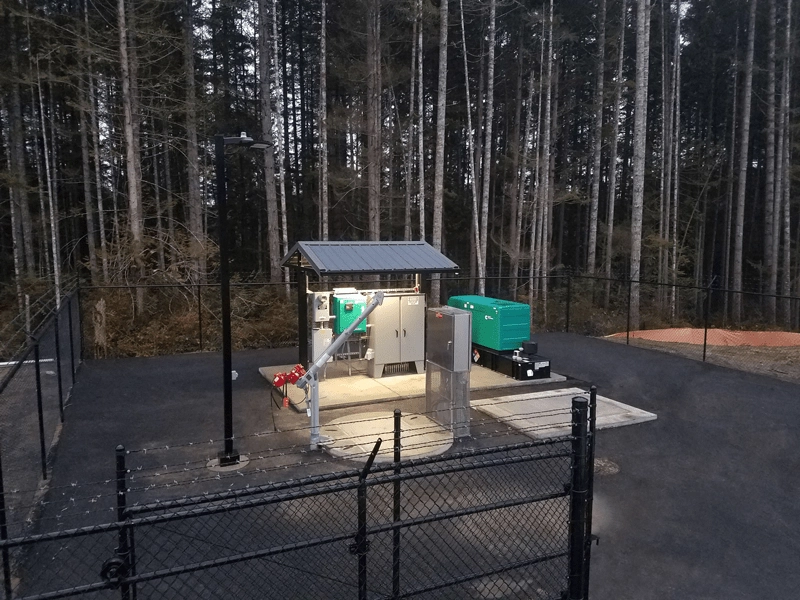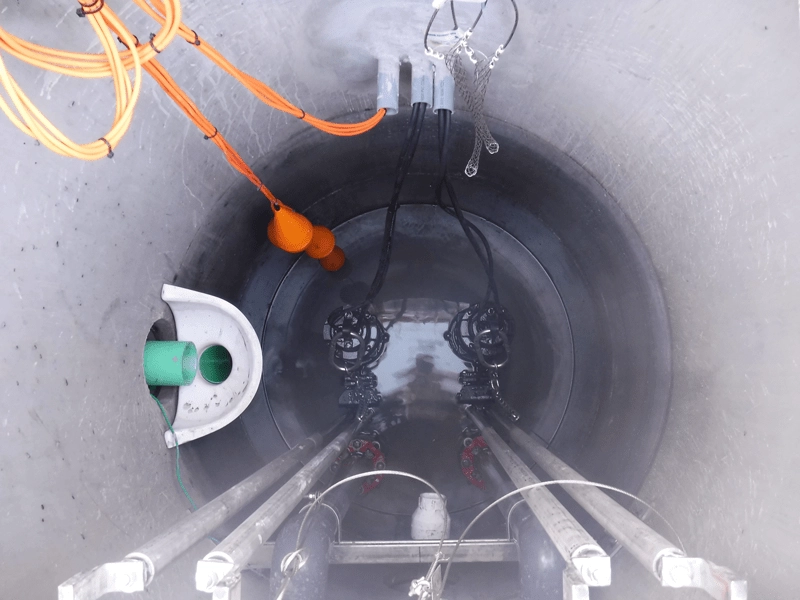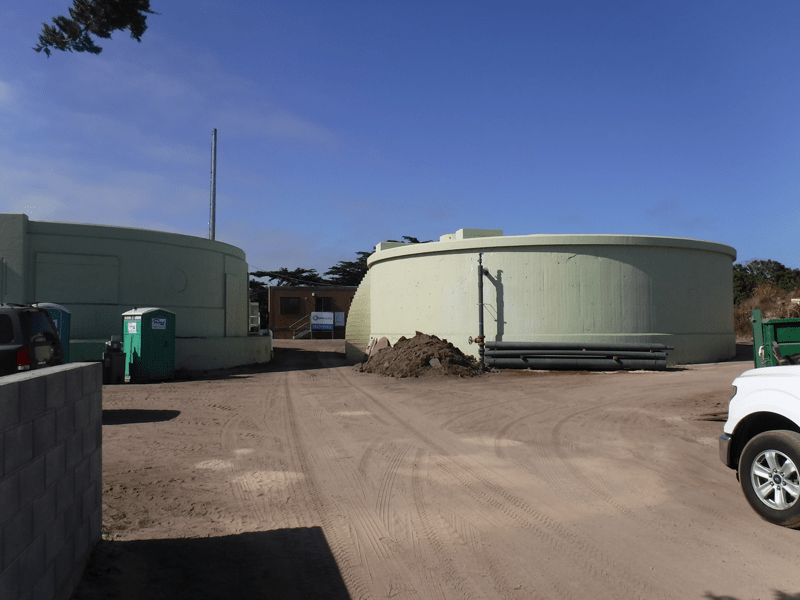
Romtec Utilities specializes in providing site-specific pump stations for all types of applications, including wastewater collection systems. One increasingly frequent challenge with wastewater lift stations is how they handle “flushable” wipes, FOG (Fats, Oils, and Greases), and other materials that get flushed into the sewer system. Sewer collection systems are often designed with countermeasures to prevent break down or damage from encountering these difficult to handle materials. Finding long-term solutions can be difficult, but only treating the symptoms can be detrimental to the community in the long run.

Wet wipes, FOG, and other materials that are hard to pump are found in many municipal sewer systems. These materials are much more prevalent in dense residential sewers maintained by public entities like municipalities or water districts. One of the reasons for this is the lack of personal financial responsibility for the repair and upkeep of the sewer systems, but eventually, these repair costs are reflected with higher utility bills for the entire customer base. Every community member can benefit from taking a more cautious approach to what they send down the drain.
Difficult to handle materials in wastewater do not always stop at collection points, like manholes or lift stations. Water treatment plants often must use specialized equipment and/or chemicals for handling large quantities of FOG or wet wipes. In some cases, these materials gather together to form “fatbergs.” A water treatment plant in London actually encountered a 15-ton fatberg in its system composed of wet wipes and FOGs. The added cost for treating these materials increases the cost for water services. Educating your community on how these materials affect the water treatment process can help reduce the problems they cause, benefitting everyone in the area. Another option that can be implemented with this process is the addition of specialized equipment to mitigate the presence of foreign materials.

Wastewater lift stations can be designed to include filters and screening systems to prevent these materials from entering the wet well. These countermeasures are available in many different forms. Some are simple physical barriers that are effective at removing objects like feminine hygiene products, flushable wipes, and other inorganic items in the wastewater. Other systems can prevent FOG from entering wastewater, like grease traps. Odor control systems, primarily via chemical injection, can also mitigate FOG in the wet well. The best system can depend on several factors, including the nature and frequency of materials present as well as the availability of maintenance personnel to clean out traps.

Wastewater systems encounter flushable wipes and other hard to pump materials constantly during operation, but in small amounts, these materials are not typically problematic. Everyone in a community will benefit from reducing the number of “flushable” wipes and other hard to handle materials sent to the sewer system. Proper disposal of these materials can reduce the cost of water treatment, preventing monthly utility bills from rising unnecessarily. Romtec Utilities designs new wastewater pumping systems to include features that prevent these materials from entering the water treatment process in many different forms. Contact Romtec Utilities to begin your wastewater lift station project today!
